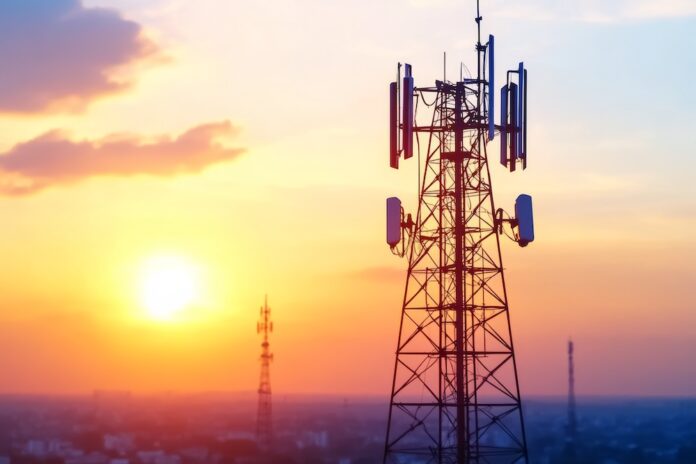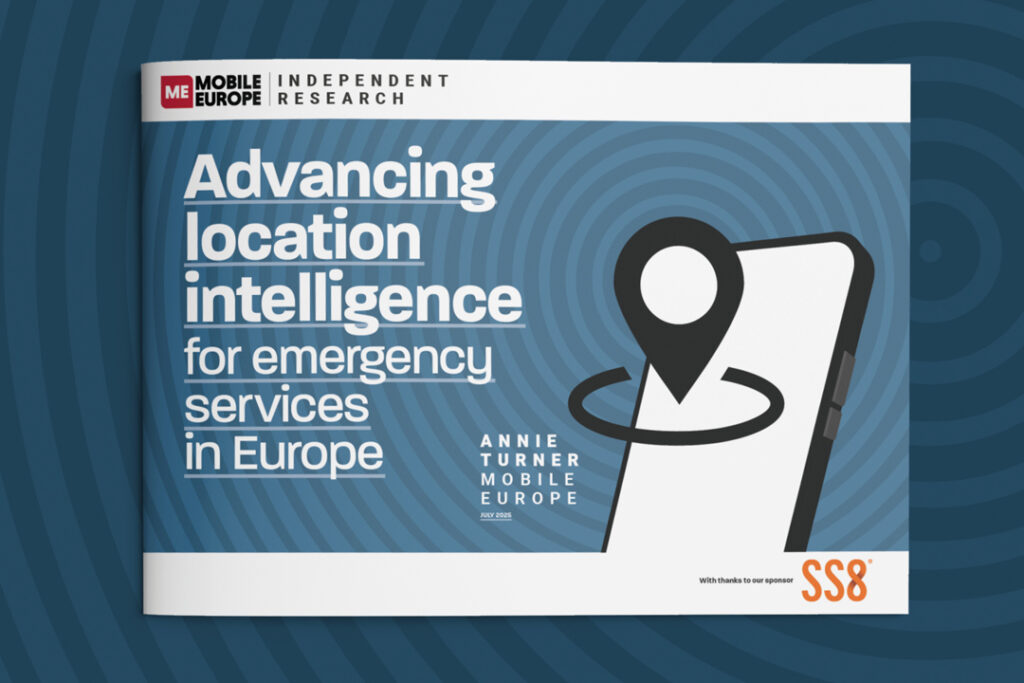The plan is to utilise Airtel Africa’s presence in fifteen markets so it can diversify its revenue streams, but operations in places like Nigeria can be challenging
Indus Towers has confirmed its first international expansion, with its board approving a foray into African markets beginning with Nigeria, Uganda and Zambia.
In a stock exchange statement, the towerco said the decision recognised the “growth potential in emerging geographies,” offering opportunities for revenue diversification, operational scalability and long-term value creation.
Indus added it would leverage its “robust financial position and anchor customer relationship with Bharti Airtel” to establish a competitive presence in these regions. It added that this strategic direction also complements the Indian government’s broader vision of “encouraging Indian enterprises to expand globally and evolve into multinational entities”.
Indus Towers managing director and CEO Prachur Sah said: “The board’s approval to enter international markets in Africa unlocks our vision for long-term sustainable growth and value creation for our shareholders. By leveraging our expertise in delivering innovative and cost-effective solutions, we are well-positioned to differentiate ourselves in Africa’s fast-growing telecom market and emerge as the preferred tower company.”
Indus operates 251,773 towers across all 22 Indian telecom circles, making it one of the world’s largest independent tower companies. Its entry into Africa will be underpinned by Airtel Africa, the continent-wide subsidiary of Bharti Airtel, which remains Indus’s largest customer. Reports in The Economic Times and Business Standard note that Airtel’s established presence in the three launch countries is expected to provide a ready tenant base.
No easy task
The move places Indus in direct competition with established players in Nigeria, Africa’s largest tower market. IHS Towers, which manages around 16,000 sites in the country, navigated a significant contract restructuring with its largest customer MTN during 2024.
As part of contract renegotiations completed in August 2024, MTN agreed not to renew approximately 1,050 tenancies that were set to expire, while extending other agreements through December 2032 under new financial terms that include currency hedging and diesel price indexation. The restructuring was part of a broader deal that renewed and extended all MTN Nigeria tower agreements covering approximately 13,500 tenancy contracts.
IHS has since stabilised its business and returned to profitability, reporting revenues of $872.9 million in the first half of 2025. The company raised its full-year guidance in August, citing improved operating performance and continued Naira stability.
American Tower has meanwhile expanded its Nigerian presence, taking on more than 2,000 sites from MTN and preparing to share a pipeline of new builds with IHS. Local operator Pan African Towers, backed by DPI and Verod, continues to grow selectively, focusing on efficiency and deepening its position as a home-grown alternative.
Nigeria remains a notoriously difficult market for tower companies, with chronic power shortages and heavy reliance on diesel adding to operating costs. But operator investment is rising, following tariff reviews that have freed up capital for network expansion. That environment offers opportunity for a new entrant able to contain costs and deliver reliable service.
Indus Towers’ expansion suggests it sees space to carve out a position alongside IHS and American Tower. Backed by Bharti Airtel’s footprint and its own scale in India, the company is betting that its combination of financial strength and operating experience can help it overcome Nigeria’s challenges and establish a foothold in one of Africa’s toughest telecoms infrastructure markets.




